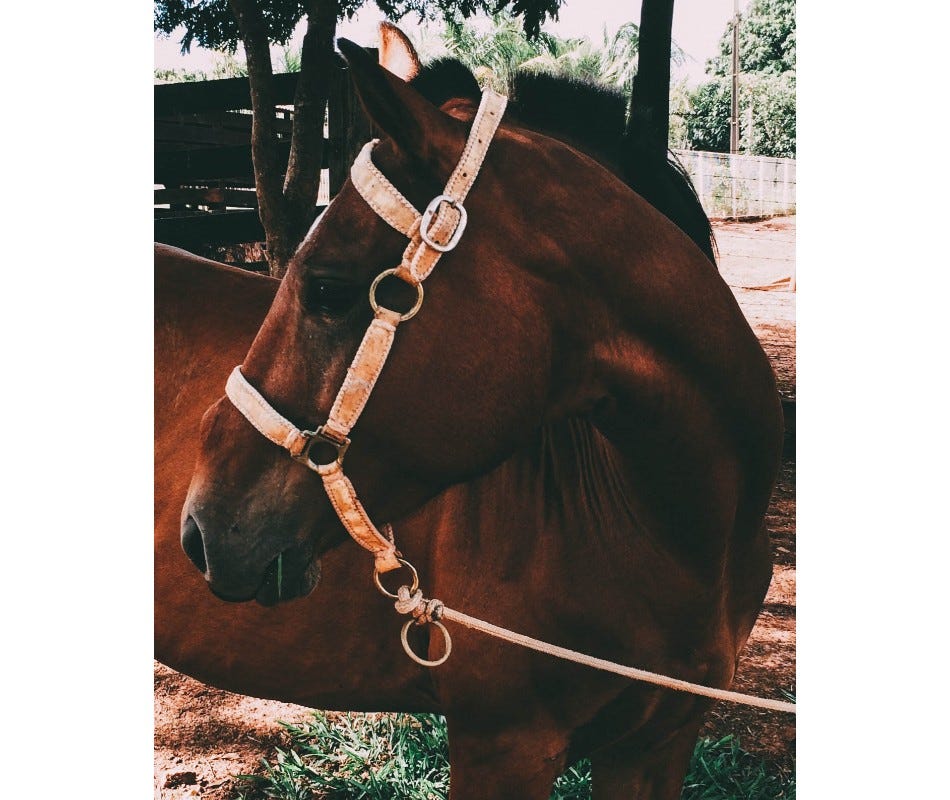We use cookies to make your experience better. To comply with the new e-Privacy directive, we need to ask for your consent to set the cookies. Learn more
Equine Worming Program – effective horse worming
How to ensure effective horse worming.
Different equine dewormers work effectively in today’s world, and it appears that horse owners do not often involve their veterinarians when it comes to deworming their horses. Some owners will consult with veterinarians however it is important for all horse owners to seek help when deworming. You may think that giving your horse wormers regularly can successfully control parasite problems, but this may not be entirely true. Few horse owners understand about the parasites that invade the horse’s system and they usually are not sure if their chosen dewormers are effective against specific parasites. Here are some helpful tips on how to ensure effective horse worming.
Veterinary expertise is greatly required and fecal egg reduction count tests (FECRTs) are necessary.
Just because you have purchased a broad-spectrum anthelmintic agent, and your horse looks shiny and bulky, doesn’t mean that he is not a host to parasites. The only way to make sure that your dewormersare working is to perform a fecal egg count reduction test. This test involves veterinary expertise; the first manure sample is analyzed before giving dewormers, and the second sample is analyzed 10 days after deworming.
It would be perfect if FECRTs can be conducted on each of the horses in a farm but this seems to be impractical. Researchers agree that performing the test on few adult and young horses on the farm will be enough in gathering information to find out which of the equine parasites are predominant among the horses. FECRTs will not always be the perfect test; horse owners should understand that these tests cannot indicate the presence of tapeworms in horses. So the suggested protocol is to deworm twice a year (spring and fall) with an agent that specifically targets tapeworms
Use information gathered from FECRTs to target specific parasites found on your farm.
Once FECRT results are available, your veterinarian can provide you with the assistance you need in developing an effective equine worming program based on the parasites found predominantly on your farm. Once you have established a worming schedule, stick to it. Climate conditions and the seasonal months in your area are factors that should also be considered when targeting those parasites. The weather can also help you in your quest for effective worming. If your horse happens to be immune to certain parasites based on FECRTs and you are located in an area where climate conditions are usually dry and hot, then it would be a good time to reduce the frequency of worming during summer months.
Proper horse keeping practices should be observed.
Deworming your horse is more than just giving him the right dewormers at the appropriate time. Good pasture management goes a long way in decreasing the frequency of deworming. Parasite eggs are passed out via horse manure. You can reduce parasite population in your farm if you remove manure from pasture regularly.
Conclusion
Rotating dewormers has always been a suggested strategy. However, the concern now is not on how often you rotate chemicals but rather, which chemical to use. See to it that every time you rotate, you are certain that the compound you chose is effective for a specific type of parasites. For this reason, the importance of FECRTs should be stressed; conducting FECRTs is an important strategy in deworming. In addition, giving the exact dose based on the animal’s weight also helps. Always keep in mind that your veterinarian is the best person to seek advice from.

For choices on various equine dewormers that are effective and affordable, buy online from Abler now.








Validate your login